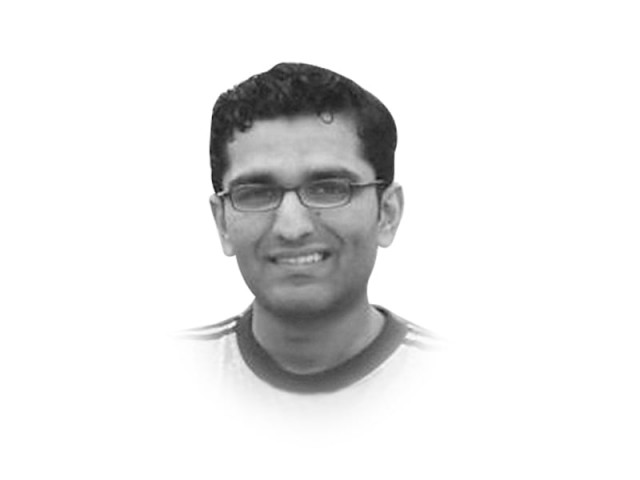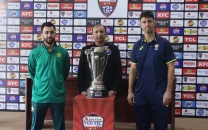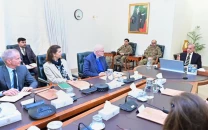The futile search for a leader
We just want our short-term objectives served and have little concern what long-term implications our leaders bring.

The futile search for a leader
Charismatic leadership has been the hallmark of every postcolonial state. From our Jinnah to India’s Gandhi and Nehru, to Tanzania’s Nyerere and Ghana’s Nkrumah, and Indonesia’s Sukarno — magnetic personalities have often led the path to independence and strongly influenced their nations. In the struggle for independence and in the initial stages of freedom, the presence of these leaders, in the words of Professor Ian Talbot on Jinnah, was critical “if the state were to function at all”. But when the state had relatively stabilised, the normative pattern of state formation should have led to a transition from a personality-based state to an institution- based state. The failure of achieving this transition has been the bane of a number of postcolonial states.
In Pakistan, we have an inordinate belief in ‘saviours’. First Jinnah was supposed to have all the answers, then Liaquat, and then Ayub, Bhutto and so on. Never have we considered the option that maybe democracy, justice and equality might be the answer. We are always looking for someone to come and ‘save’ us from whatever our current predicament is — by hook or by crook. We just want our short-term objectives served and have little concern of what long-term implications our obsessive fascination with leaders brings.
Recently, the debate over leadership has again ignited and a lot of ink has been spilled over who should be our new ‘messiah’. From a certain former cricket captain, to going over tried and tested leaders, to praying for an apparition, our politics and nation building only revolves around people. In this narrative we hardly give any importance to institution building.
A usual refrain is “system kharab hai” (the system is broken). It is this system that we need to fix rather than have a recurrent search for a new leader. Every leader of Pakistan has brought with him a new system, claiming that this new system will lead the way in solving all problems. Ayub Khan brought the Basic Democracies, ZA Bhutto revamped the bureaucracy and military structure, Zia brought a new local government system and even Musharraf had his own changes. However, all these reforms failed, and will continue to fail, unless we shift our focus from a personality-based to a system-based country.
We need to base our hopes in the success of democracy as a system, the bureaucracy as a true civil service, the military as the protector of our external borders and the judiciary as the guardian of our liberties. Human beings come and go and even the most dynamic statesman has his/her limitations. What endures is a good system of governance, justice and service.
Recently, I have been fascinated by the debate over the leadership qualities of Imran Khan. He has been a good cricketer and has done a lot of charity work, but has also been a dismal failure in parliamentary politics uptill now. In the 2002 elections, (the last one he participated in) he fought a National Assembly seat from three constituencies and only managed to win from his ancestral town with just over a 6,000 vote majority. Nationwide, the Tehreek-i-Insaf only secured 0.62 per cent of votes. With this background, the amount of airtime and importance given to this person is flabbergasting. The discussion has also not centred on the party’s policies, but mostly on the persona of Imran Khan. It is as if the party and the person of the president were synonymous. Here, again, we are not giving importance to the party, an institution which might outlive its founder and its policies, but the charismatic leader. No matter how good he is personally, I am sure that he will also disappoint — as has every cultic leader who came before.
A prerequisite to a mature and successful country is strong political, state and social institutions. Unless we move from personality cults to these less charming but more enduring concepts, we will never get out of this volatility.
Published in The Express Tribune, August 24th, 2011.



















COMMENTS
Comments are moderated and generally will be posted if they are on-topic and not abusive.
For more information, please see our Comments FAQ